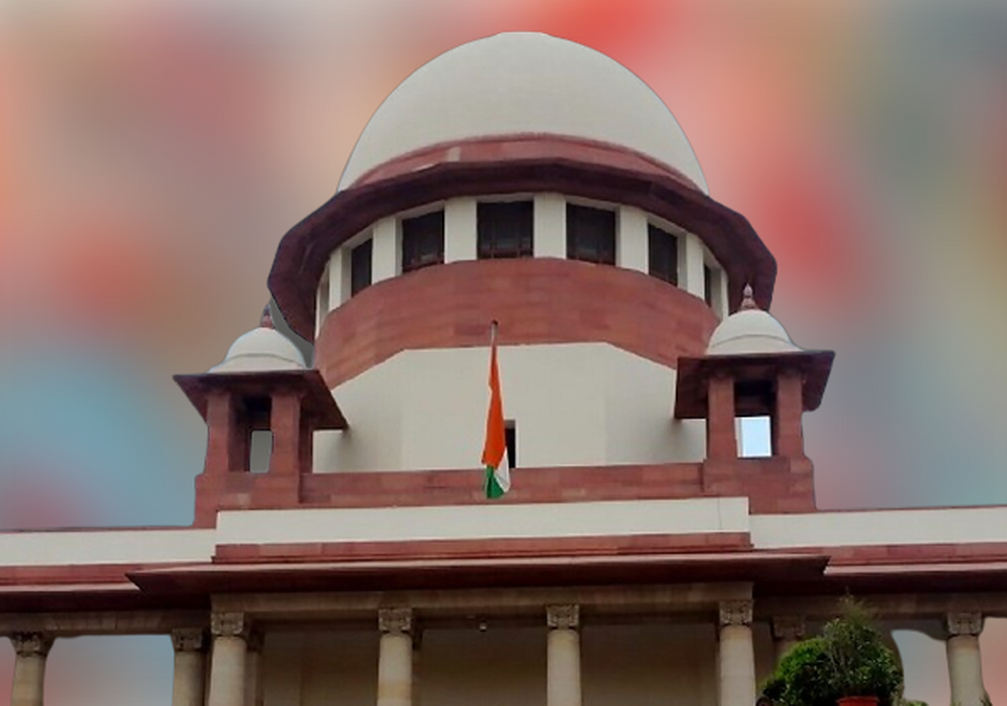In R/Special Crim. Appl. No. 9135 of 2022-GUJ HC- Non-bailable warrant should be applied as last resort and if presence of accused can be secured, then it should normally not be issued: Gujarat HC
Justice Niral R. Mehta [12-09-2022]

Read Order: DASHRATHBHAI DAHYABHAI CHAVDA v. STATE OF GUJARAT
Mansimran Kaur
Ahmedabad, September 14, 2022: The Gujarat High Court has affirmed that the no-bailable warrant could be issued when the person will not voluntarily appear in Court or police authorities are unable to find the person to serve him with a summon.
The Single Judge Bench of Justice Niral R. Mehta disposed of the instant petition preferred by the petitioner – original accused seeking quashing of a non-bailable warrant issued by the Judicial Magistrate First Class, in Criminal Case of 2018 in connection with the pending complaint filed under Section 138 of the Negotiable Instruments Act.
The Single Judge bench while bearing in mind the facts of the present case was of the opinion that it was apposite in the present case to convert the non-bailable warrant into a bailable warrant.
After considering the submissions of the parties, the Court noted that it is settled law that non-bailable warrants should normally not be issued if presence of the accused could be secured. The warrant could be issued when the person will not voluntarily appear in Court or police authorities are unable to find the person to serve him with a summons. The Court should avoid issuance of non-bailable warrants in the first instance to secure the presence of the accused and it should be applied as a last resort.
Considering the facts and circumstances of the present case, this Court was of the opinion that non-bailable warrant deserves to be converted into bailable warrant.
Accordingly, the non-bailable warrant issued by the Trial court was converted into bailable warrant on the condition that the petitioner shall execute a personal bond of Rs.05,000/- and one surety of the like amount to the satisfaction of the trial court and further conditions that the petitioner shall, remain present before the Trial Court within a period of one week from the date of receipt of the writ of this order; submit an undertaking before the Trial court stating that he will remain present on each date of the proceedings and cooperate with the proceedings and shall not take any unnecessary adjournment in the proceedings; not change his residential address without prior permission of the learned trial court and also shall provide his mobile number.
In light of the above stated observations, the instant petition was disposed of.
Sign up for our weekly newsletter to stay up to date on our product, events featured blog, special offer and all of the exciting things that take place here at Legitquest.




Add a Comment